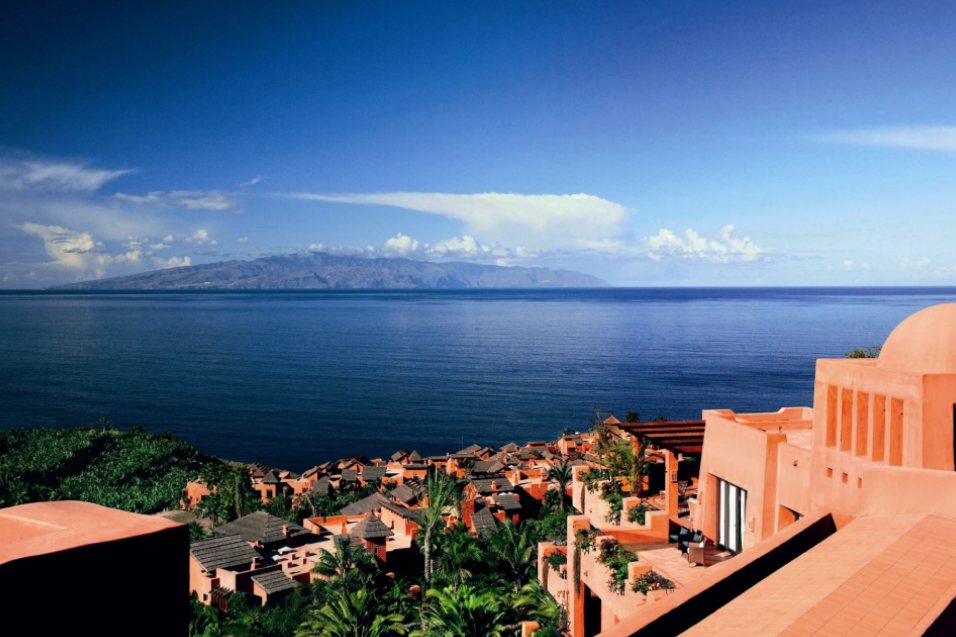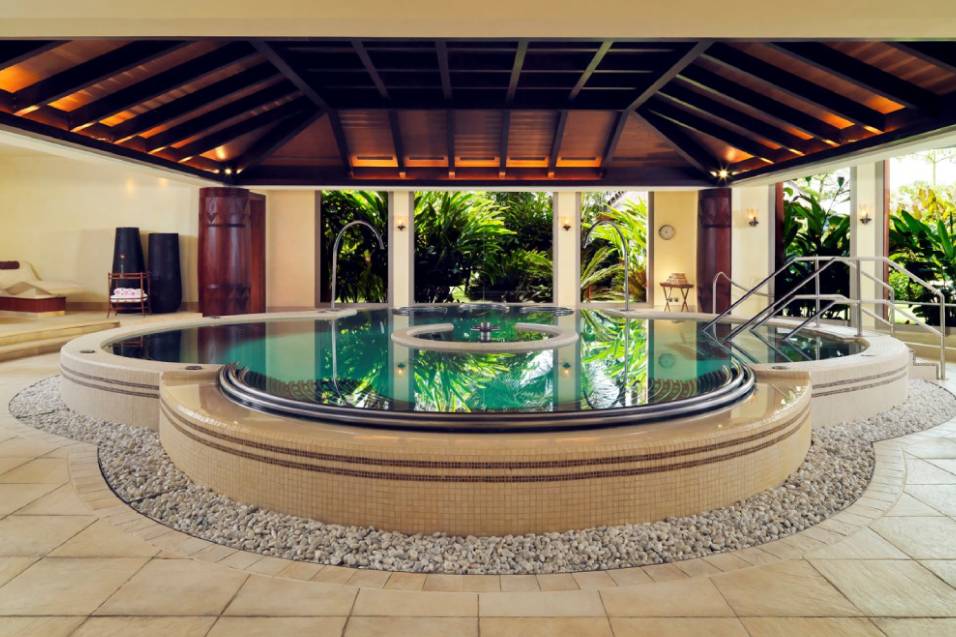An efficient destination for conscientious travellers
We helped HIP cut energy use at Tenerife's Ritz Carlton Abama Hotel by 20%.
Location
Tenerife (Spain)
Size
459 rooms
Spotlight
20% reduction in energy consumption
Ambition
Renewable energies have been gaining ground in the Canary Islands in recent years, reflecting Spain's commitment to slashing CO2 emissions and the growing awareness among the population of the importance of using clean, environmentally-friendly energies.
Being located 2,000 kilometres from the Iberian Peninsula means the islands have to be energy self-sufficient, with all the additional costs that entails, unlike Spain's mainland autonomous regions, which share energy connections and infrastructure. The difference is so significant that a study co-funded by the Regional Government of the Canary Islands showed that producing electricity in the Canary Islands is three to four times more expensive than in the rest of the country.
That's why when Hotel Investment Partners (HIP) contacted us to help them roll out an energy transformation project to enhance efficiency at the Tenerife's Ritz Carlton Abama Hotel, we knew we needed a strategy that would afford both financial and environmental advantages.
How we worked together
JLL has historically provided Project Management services for HIP in other parts of Spain. For this particular 5-star hotel, which has 459 rooms and suites, HIP needed advisory services across two phases.
The first phase involved standardising the terms of the tender process and coordinating the process to award the contract. We agreed on the technical specifications in advance with both the owner and the hotel operator – Ritz Carlton – foregrounding energy efficiency and the return on investment as deciding factors in the final decision on the winning bidder.
After that, we worked with the client to coordinate the construction works, with the added challenge of ensuring that the normal functioning of the hotel was not impacted. From April to November 2019 we completed practically the entire project to transform the hotel's primary power source.
Energy at the hotel was previously produced using diesel boilers and water-to-air heat pumps and cooling systems, which dissipate energy into the surrounding air. Nowadays, it is generated by other water-to-water units, which dissipate energy into the water so that residual energy can be harnessed for other purposes. This new system has allowed for more effective monitoring of total energy demand and means energy can now be distributed in response to specific needs at any given time. Unlike the previous set-up, only excess energy – which the control system seeks to minimise – is dissipated into the atmosphere.
Results
From an operational perspective, the project has increased the rate at which the hotel is able to generate power. It has also made the hotel more efficient at producing and distributing energy, thanks to the new variable flow. Every 1 kW of electricity has gone from producing 2 kW of heat to generating between 4 and 6 kW in thermal energy, thanks to the improved performance of the new machinery and the use of residual heat.
This project allowed the HIP team to enhance guest experience at this hotel, and we will continue to support our clients in their important missions to make their assets as sustainable as possible.


